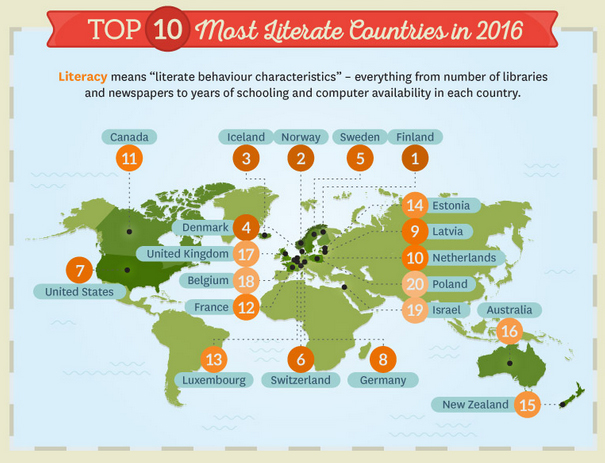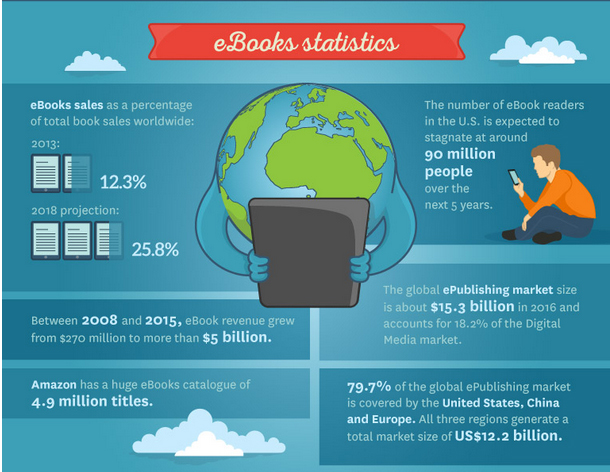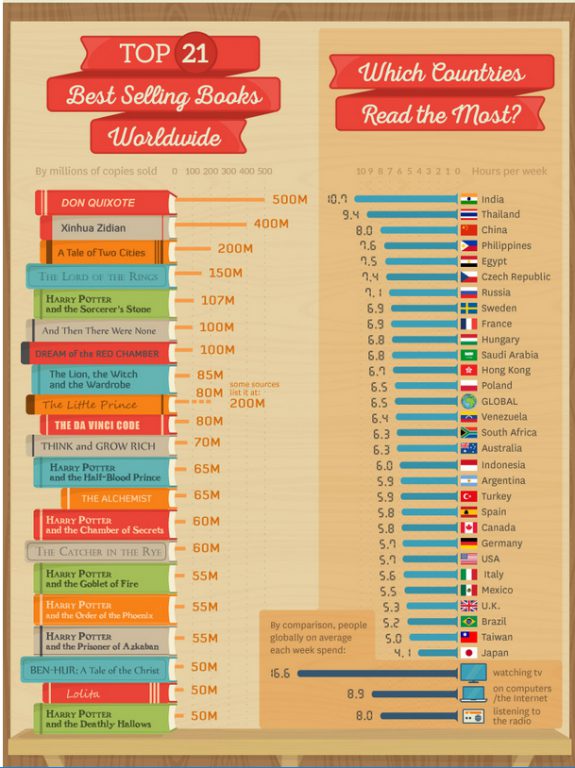Why I Bought a Publisher

Yesterday’s announcement of the acquisition of the publisher received quite a reaction, so I would like to provide some background.
The world has become a corona world, where people are forced to stay home for long periods of time, unable to go out or travel. Under these circumstances, “nest egg consumption” (time spent at home) has increased. Behind every business is a social demand.
A year ago, he started online distribution (Speedy Live) of “Non” music and Eri Watanabe’s plays. This was followed by the distribution of e-books (Speedy Books) in 33 countries around the world. All of these were based on the “digital to digital” concept. This year, he felt that there was great potential for both a full-fledged publishing business and radio media.
The long “nest egg” of terrestrial TV reruns initially boosted viewer ratings, but the new releases or ゙Since it was not available, the popularity shifted to Netflix. However, I believe that Netflix’s retargeting-like user interface (UI) may also be the beginning of the end. No matter how many new releases there are, it’s a filter-bubble structure that gets boring quickly.
Nest-building = passive media passive media passive media passive media passive media passive media passive media passive media passive media passive media passive media
↓↓↓
The search for an after-corona way of life through commitment to active media
…and people are changing their minds to.
I don’t want my life to end up being nothing more than an animated film recomended by Netflix! I want to be more spontaneous and creative! Many people may think so because of the Corona disaster.
Even so, Japan’s publishing business is a declining industry. Paper book sales have shrunk from a peak of 1,073 billion yen in 1997 to 672.3 billion yen in the 22 years through 2019, a decline of 400.7 billion yen, or nearly 40%. Excluding the 166.5 billion yen for paper comic books, the paper book market is 505.8 billion yen. 500 billion yen market is about the same size as the flea market such as Mercari. Tiny!
Furthermore, the digitization of book media is unusually slow in Japan compared to other countries.
Therefore, we thought that having a well-established publishing house, which I believe is historically a transitional period, would allow us to gain recognition from authors and the industry. This would allow us to publish the intellectual property of Japan’s outstanding creators (authors) in book form, which has been the pride of Japan for some time.
When I courted major publishers in 2004 to convert paper comics into e-books for mobile phones, there was zero support, but now e-comics have surpassed real ones. Globally, e-books have surpassed real books, and Japan will do so much later.
(Incidentally, Comidia, a group company of Speedy that started at that time, now boasts the largest share of e-comics production in Japan!)
Real sales floor space (bookstores) is decreasing, so we are trying to make it as IT-intensive as possible, so that we can make a profit or loss by selling 2,000 copies of each book. Create a structure that will generate ゙゙゙゙. However, the books lined up there will be translated into English-speaking countries and Chinese, and will be able to accelerate to 4 billion people out of 7.5 billion in the world.
If you only make e-books, you will not be able to build a brand (credibility). But if you have a real publishing house, you can proudly exhibit at the Frankfurt Book Fair. This is the same structure as art galleries, and the world still places more value on the real than on the virtual.
The trust of authors and the creation of an infrastructure to compete globally is why I bought the publishing house.
* And this publishing house will be run entirely by e-books in the near future.








